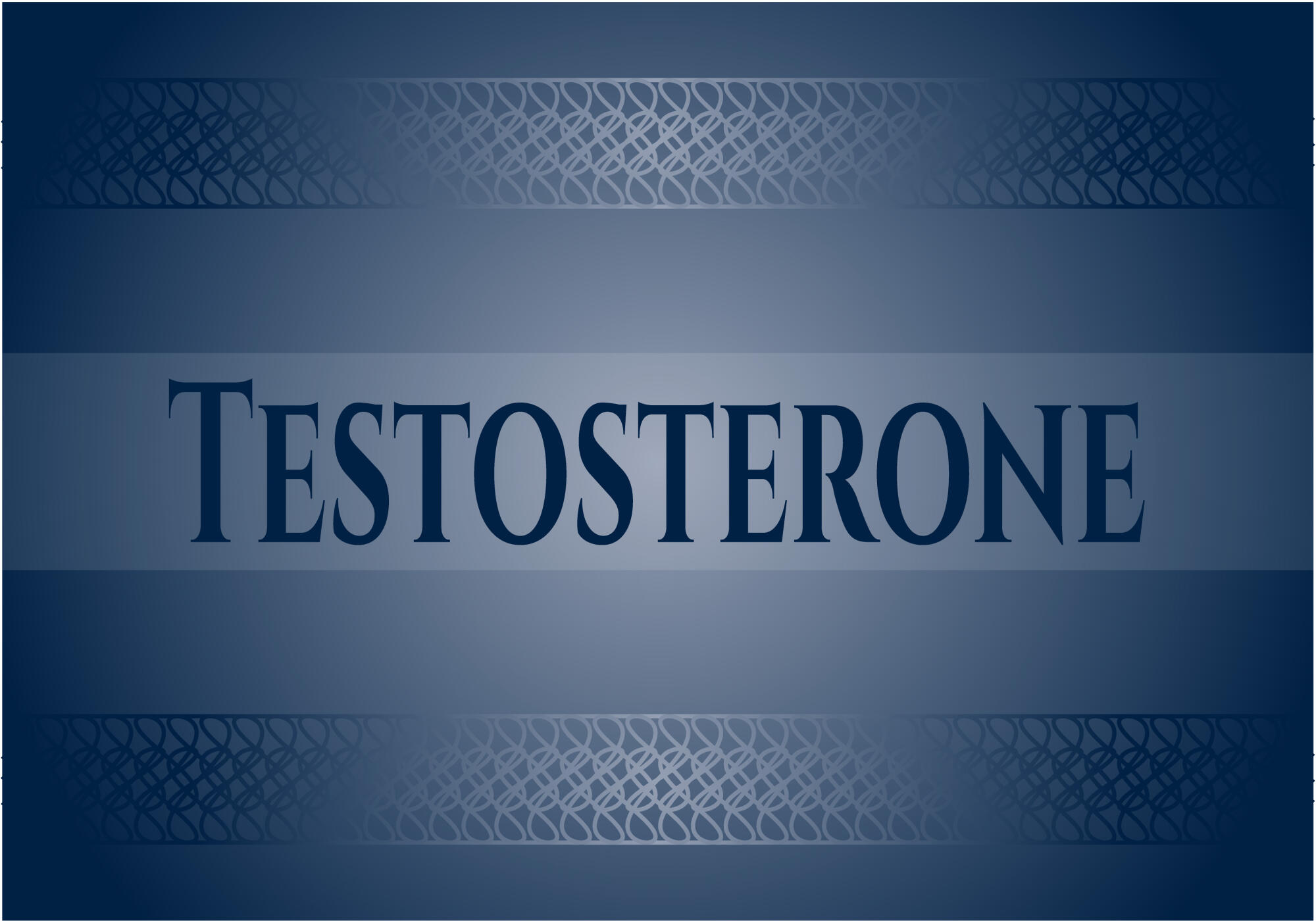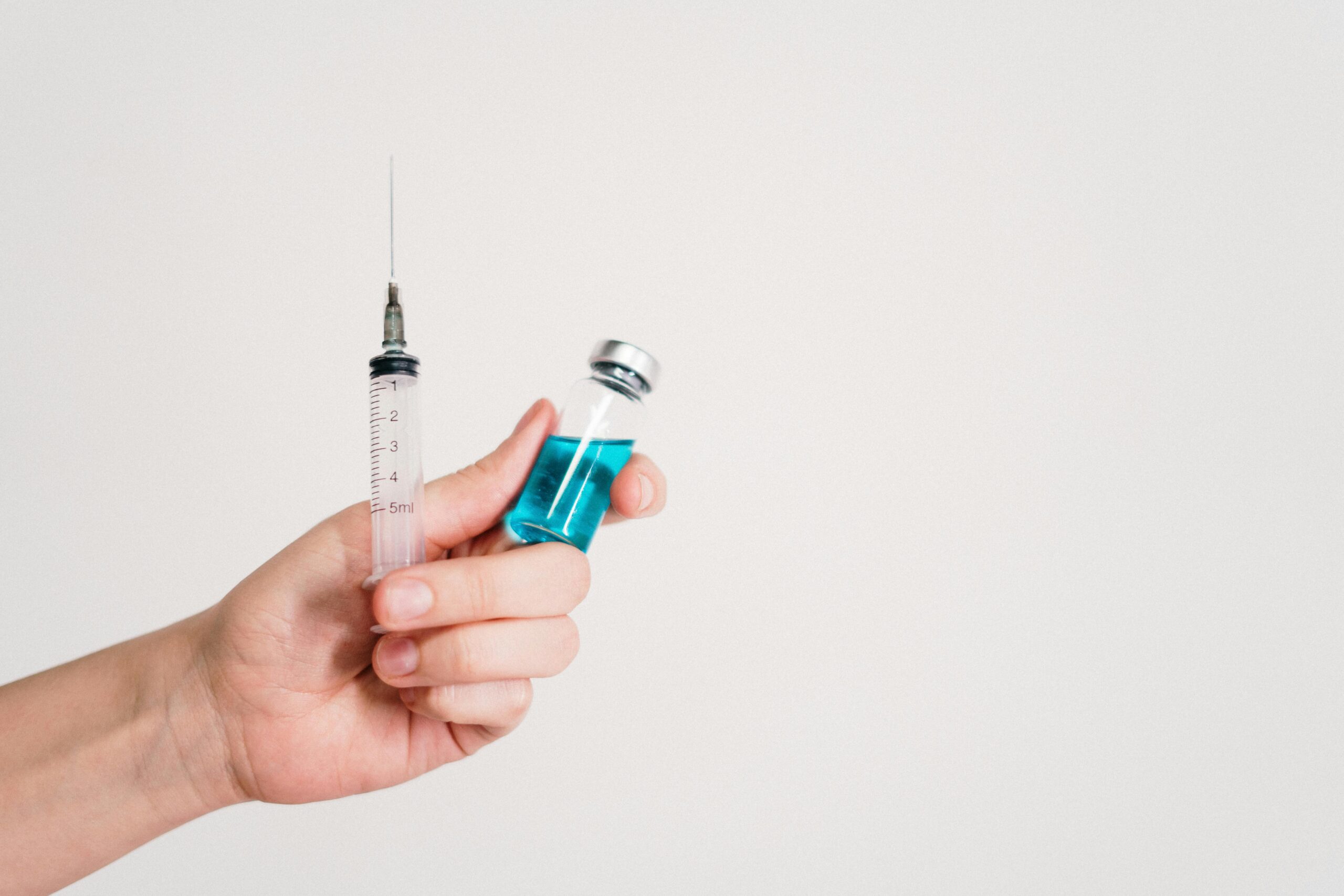In general, male pattern baldness and hair loss, also called alopecia, is a prevalent condition in men and usually occurs as strands of hair break off from the head. It can occur gradually due to genetics, hormones, or even normal wear and tear on the hair follicles associated with aging. It is a hard pill for most men, as it is typically hereditary and cannot be controlled by diet or exercise. Other than using medication or hair replacement products, there are very few options for men to reverse the process of alopecia.
Research shows that the dihydrotestosterone (DHT) hormone is the main culprit for men’s alopecia. This hormone breaks down the sex hormones known as androgens, which are abundant in both men and women. When broken down, the body can use them to produce male characteristics like facial hair, a deeper voice, and other physical features.
Causes of Male Hair Loss
Genetics
Male baldness can be traced back to genetic patterns passed down from the mother’s father or the father’s mother. If a man has a close family member who lost hair, he will likely experience alopecia too. Alopecia typically occurs on in men on the crown, cheeks, and temples. This balding process also naturally occurs in a linear pattern on both sides of the scalp.
Hormonal Imbalances
Male alopecia is typically regulated by androgens, which are male hormones. These hormones can cause excessive alopecia in susceptible males. The production of these hormones can be increased due to testosterone therapy or as a result of steroid use. Hormonal imbalances can also occur in men due to medications (such as antidepressants) or underlying medical conditions like hypothyroidism. They can also be connected to adrenal gland problems.
Medical Conditions
If a man is suffering from a medical condition like diabetes, lupus, or hypothyroidism, it can lead to increased production of androgens. The hormone that controls hair follicle growth is DHT, but in these cases, it will not be used by the body, which will cause it to break down faster. It can cause a cascade resulting in alopecia over time. The body also produces DHT in response to stress and certain medications, such as certain antidepressants and seizure medications.
Lifestyle Factors
Certain lifestyle factors can also lead to male pattern baldness. Patients suffering from this problem must look closely at their diet, as it can cause excessive alopecia. In particular, excessive consumption of red meat and alcohol is related to increased androgens production in the body. It can cause alopecia in susceptible males. Smoking cigarettes is also a known cause of this condition, which leads to significant hair loss in the crown area, where the hair is typically denser. Stress is also substantial, as it can cause alopecia in men. Studies show that men that suffer from this condition tend to be more prone to anxiety than those who don’t.
Diagnosis and Treatment Options
Medical Examination and Testing
Your Evolve physician and care coordinator will closely examine your medical history and lab tests to help determine the root cause of your hair loss. It is important to note that if you are experiencing any other symptoms that could be related, your physician will diagnose any other conditions as well. Your physician may run some tests to determine whether or not you are experiencing an excess in testosterone levels due to a medical condition or medication.
Medications
Two medications are effective in treating male pattern baldness. These are known as Finasteride and Minoxidil. Finasteride is an oral medication that blocks the enzyme that causes androgens to be used by the body. It helps slow down alopecia, reducing the amount of testosterone in the bloodstream. Conversely, Minoxidil helps stimulate new hair growth over time by widening blood vessels in the scalp and encouraging existing hair follicles to grow thicker and longer. Your Evolve physician can prescribe these treatments to be sent straight to your door if necessary.
Hair Transplantation
This procedure involves removing a small amount of new hair and transplanting it back into the balding area. Depending on the patient’s case, it can be performed in several ways. In some cases, follicles are extracted from the patient’s arm or leg and transplanted into their scalp to stimulate new hair growth. The doctor will also place tiny skin anchors (plugs) in strategic areas of the scalp over time to prevent further hair loss and support the newly transplanted hairs.
Scalp Micropigmentation
This procedure involves using a small needle to tattoo the hairline and front of your head to disguise your thinning hair. It can also be used to give support to the transplanted hair on your scalp if any have been placed there. This procedure can also be done using different methods, including a computer-controlled machine that applies pigmentation or using hands with tattoo guns. It is a reasonably safe technique that is only mildly invasive and has little recovery time. The process involves an anesthetic that reduces pain during the procedure.
Platelet-Rich Plasma Therapy
This is a reasonably new treatment form used to stimulate hair growth. A small amount of blood is collected from the patient, and the platelets are removed. The remaining plasma is then injected into the balding area. These platelets contain proteins and growth factors that stimulate cellular growth in the scalp. This hair loss treatment has few side effects but can be time-consuming as it involves multiple sessions to achieve optimal results.
Laser Therapy
Laser therapy is a newer procedure that has shown promising results in treating male pattern baldness. It uses a high-energy light beam to stimulate new hair growth by increasing blood flow to the scalp. This process helps existing follicles grow and produce healthy hair over time. It is important to note that this procedure can be costly and carries some side effects, such as redness, swelling, or small scabs in the treatment area.
Coping with Hair Loss
The Emotional Impact of Alopecia
For many men with alopecia, the emotional impact can be more significant than the physical side effects, although some patients experience both. For some men, it may be difficult to accept that they are losing their hair. One study found that only half of all men suffering from this condition were aware of it. It can lead to frustration and embarrassment when discussing their problem with others. Such emotional impacts include feelings of depression, anger, and low self-esteem.
Coping Strategies
Coping with this condition is essential to dealing with male pattern baldness. Knowing how to handle the emotional and physical effects of hair loss can help improve your overall quality of life. Many men experiencing this problem will find it challenging to maintain a positive outlook. They may become too self-conscious about their appearance, leading to a lack of socializing and other issues such as depression or anxiety disorders. They can start by accepting they have a problem and seeking help dealing with it, which can lead to some of the other coping strategies mentioned here.
Support Groups and Resources
There are many support groups and resources available to men experiencing alopecia. In many cases, the emotional impact of losing one’s hair can be far worse than the physical side effects. Seeking assistance from others who have been through this condition can help put your mind at ease. . Many of these groups will offer various resources and information to help you deal with this problem.
Male pattern alopecia is a prevalent and typically slow-progressing condition. Many men experience this problem at some point in their lives and need to learn how to cope with it by finding out how to best deal with the condition. Prepare yourself by researching all options and talking to people who have experience with treating hair loss. If you have this problem, you can schedule a consultation with the expert team at Evolve Telemedicine, who can help you determine the best treatment option. For more information, check out the Evolve Instagram page.
This article is for educational use, any treatment decisions should be used in consultation with a medical practitioner.











